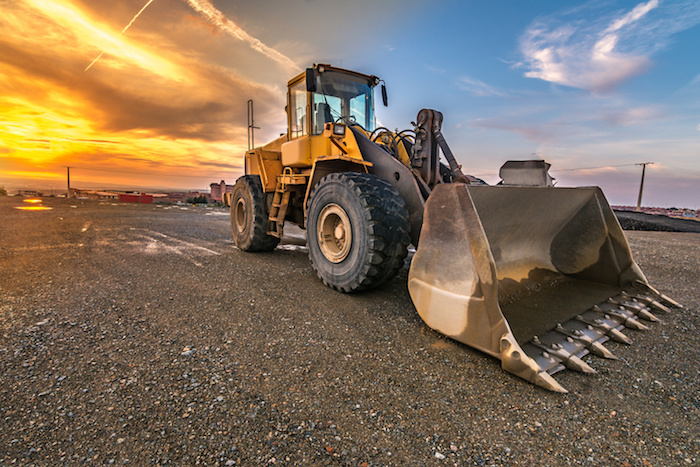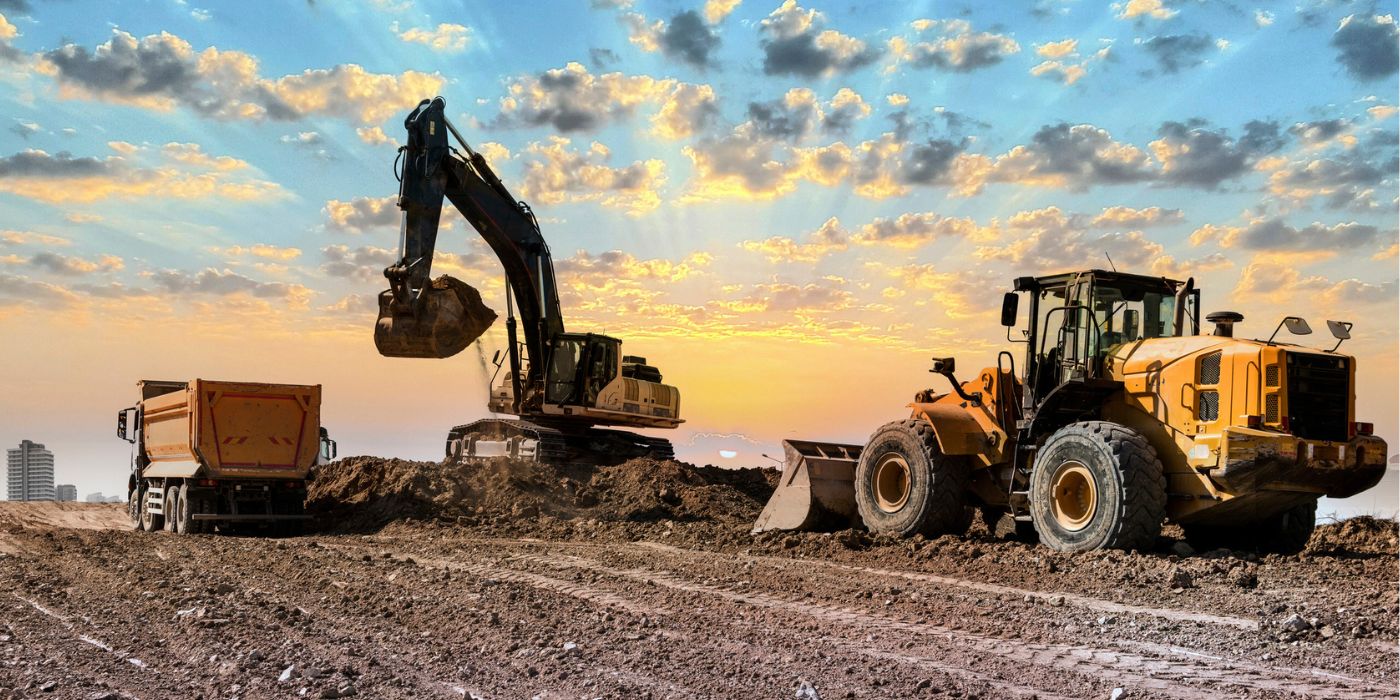Mini Excavator Rental in Tuscaloosa AL: Compact and Powerful Equipment for Small Jobs
Mini Excavator Rental in Tuscaloosa AL: Compact and Powerful Equipment for Small Jobs
Blog Article
Checking Out the Financial Conveniences of Leasing Construction Devices Compared to Having It Long-Term
The decision between renting out and having construction devices is essential for economic management in the industry. Renting offers instant expense financial savings and functional flexibility, allowing companies to designate sources extra efficiently. In contrast, ownership includes substantial long-term financial commitments, including maintenance and devaluation. As specialists consider these alternatives, the effect on capital, project timelines, and innovation accessibility becomes progressively substantial. Comprehending these subtleties is important, particularly when thinking about exactly how they line up with details project needs and financial techniques. What elements should be focused on to make certain optimum decision-making in this complex landscape?

Expense Contrast: Leasing Vs. Possessing
When examining the financial effects of having versus leasing building tools, a thorough price comparison is essential for making notified decisions. The option in between renting and owning can considerably impact a firm's lower line, and comprehending the linked expenses is important.
Renting building and construction equipment generally entails lower ahead of time expenses, permitting services to allocate funding to other operational demands. Rental contracts often consist of adaptable terms, allowing companies to gain access to advanced equipment without long-term commitments. This flexibility can be especially advantageous for temporary projects or rising and fall workloads. Nonetheless, rental costs can accumulate gradually, potentially exceeding the expenditure of ownership if equipment is required for an extended period.
Alternatively, possessing building and construction devices requires a considerable first investment, in addition to recurring prices such as insurance, funding, and devaluation. While ownership can result in long-lasting cost savings, it likewise connects up funding and may not supply the exact same level of flexibility as renting. Furthermore, having devices requires a dedication to its application, which may not always line up with project demands.
Inevitably, the choice to have or rent must be based on an extensive analysis of certain project needs, financial ability, and long-term strategic objectives.

Upkeep Expenditures and Obligations
The selection between renting and possessing building and construction equipment not only includes financial considerations however also incorporates recurring upkeep costs and responsibilities. Owning tools needs a substantial dedication to its upkeep, which includes regular assessments, repair services, and potential upgrades. These responsibilities can promptly collect, leading to unanticipated expenses that can strain a budget.
In comparison, when leasing equipment, upkeep is usually the responsibility of the rental firm. This plan allows service providers to prevent the financial problem connected with damage, in addition to the logistical obstacles of scheduling repairs. Rental arrangements typically include arrangements for upkeep, indicating that professionals can focus on completing projects instead of fretting about equipment problem.
In addition, the varied series of equipment available for rental fee enables companies to pick the most up to date versions with innovative innovation, which can improve performance and productivity - scissor lift rental in Tuscaloosa Al. By going with services, services can prevent the long-term responsibility of tools devaluation and the connected maintenance frustrations. Ultimately, reviewing upkeep costs and responsibilities is crucial for making a notified choice regarding whether to own or rent out construction devices, significantly influencing general task expenses and operational effectiveness

Devaluation Influence On Possession

A considerable variable to consider in the decision to own building and construction devices is the effect of depreciation on general possession costs. Depreciation represents the decline in worth of the devices with time, affected by elements such as use, damage, and innovations in modern technology. As tools ages, its market price diminishes, which can substantially impact the proprietor's financial placement when it comes time to trade the devices or sell.
For building and construction business, this depreciation can translate to significant losses if the devices is not used to its fullest possibility or if it lapses. Proprietors need to account for devaluation in their economic forecasts, which can lead to greater overall prices compared to renting. In addition, the tax implications of devaluation can be complex; while it may give some tax obligation benefits, these are often countered by the truth of reduced resale worth.
Eventually, the burden of depreciation stresses the significance of understanding the long-lasting financial dedication included in possessing construction tools. Companies need to carefully review how usually they will make use of the equipment and the prospective financial effect of devaluation to make an educated choice regarding possession versus renting.
Monetary Adaptability of Renting
Leasing building and construction equipment uses substantial financial versatility, permitting companies to assign sources much more successfully. This adaptability is especially crucial in a see this page sector characterized by scaffolding elevator changing task demands and differing workloads. By opting to rent out, businesses can stay clear of the substantial funding expense required for acquiring equipment, protecting cash circulation for other functional demands.
Furthermore, renting out tools enables companies to tailor their devices selections to specific job demands without the lasting dedication related to ownership. This indicates that organizations can easily scale their devices stock up or down based upon expected and existing project requirements. As a result, this versatility lowers the danger of over-investment in equipment that may become underutilized or obsolete in time.
Another monetary benefit of renting out is the possibility for tax obligation benefits. Rental payments are typically thought about operating costs, permitting instant tax obligation reductions, unlike depreciation on owned and operated tools, which is spread over several years. scissor lift rental in Tuscaloosa Al. This immediate cost recognition can additionally boost a firm's cash setting
Long-Term Task Factors To Consider
When reviewing the long-lasting requirements of a construction business, the decision in between renting and owning equipment becomes more intricate. For tasks with extended timelines, buying devices may seem beneficial due to the possibility for lower overall expenses.
Additionally, technical improvements pose a substantial consideration. The building and construction market is developing swiftly, with brand-new tools offering improved effectiveness and safety attributes. Renting out allows companies to access the most current innovation without devoting to the high in advance prices connected with buying. This versatility is especially helpful for companies that deal with diverse projects needing various sorts of tools.
In addition, financial security plays a critical role. Having devices commonly entails considerable resources financial investment and depreciation issues, while leasing permits even more foreseeable budgeting and cash circulation. Inevitably, the option between having and renting out must be straightened with the calculated purposes of the building company, considering both anticipated and current project demands.
Conclusion
In final thought, renting out construction tools offers considerable financial benefits over long-term ownership. Ultimately, the choice to rent out rather than very own aligns with the vibrant nature of construction learn this here now jobs, allowing for versatility and accessibility to the most recent tools without the financial burdens associated with ownership.
As equipment ages, its market value decreases, which can considerably impact the owner's monetary setting when it comes time to trade the equipment or sell.
Leasing building and construction tools offers substantial economic flexibility, enabling firms to designate sources a lot more successfully.Additionally, renting out tools makes it possible for companies to customize their tools selections to specific project demands without the lasting dedication linked with ownership.In conclusion, leasing building equipment provides considerable financial benefits over long-term possession. Eventually, the choice to lease rather than own aligns with the vibrant nature of building jobs, allowing for flexibility and accessibility to the newest devices without the financial burdens associated with ownership.
Report this page